Valve is not playing around with bad actors in the Dota 2 community right now, actively banning more than 40,000 accounts permanently amidst continued issues with exploits and other problems in the game.
This specific set of bans was part of a clean-up effort from Valve as the company worked to fix various backend issues that allowed these cheats to happen in the first place.
“Today, we permanently banned over 40,000 accounts that were using third-party software to cheat in Dota over the last few weeks,” Valve said. “This software was able to access information used internally by the Dota client that wasn’t visible during normal gameplay, giving the cheater an unfair advantage. While fixing the underlying issues that made these cheats possible was a priority, we have also decided to remove these bad actors from the active Dota playerbase.”
According to the Dota 2 devs, a recent patch introduced a “honeypot” in the client that would have a set of data that could only be read by accounts using third-party cheat software. Any account that tripped that secret area would be added to a database Valve then examined and banned with “extremely high confidence that every ban was well-deserved.”
Valve is well aware that the cheats being used, and even cheats in the same family as the more popular ones it is trying to combat, are going to be hard to fight. However, this large initial wave of bans is part of a bigger movement Valve wants to make public in hopes of deterring more people from potentially using exploits.
Related: Dota 2 players were at risk of being hacked via custom games for a year
“While the battle against cheaters and cheat developers often takes place in the shadows, we wanted to make this example visible, and use it to make our position clear: If you are running any application that reads data from the Dota client as you’re playing games, your account can be permanently banned from playing Dota,” Valve said. “This includes professional players, who will be banned from all Valve competitive events.”
Since Dec. 2022, the Dota community and several high-profile players have rallied to share information and try to get Valve’s attention on rampant cheating and issues like hacking—and it looks like the devs are actively working on fixes now.
Now it is just a matter of seeing if Valve can keep on top of stopping new exploits by preempting them with additional security measures against suspicious in-game activity.




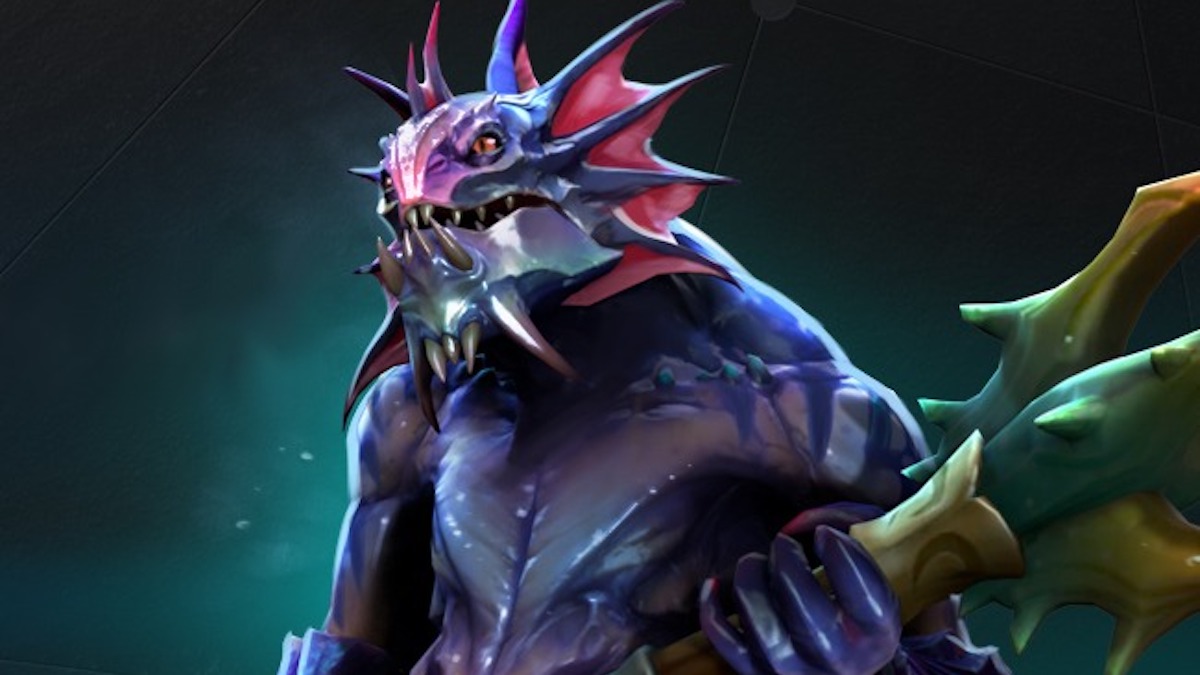
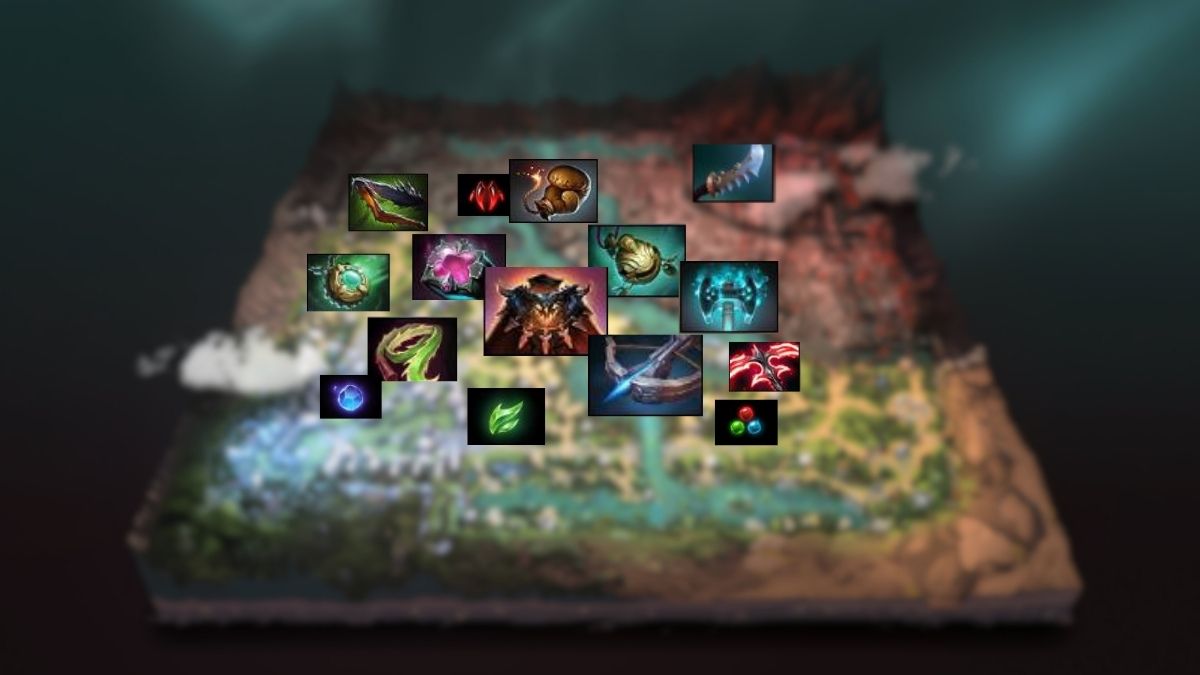
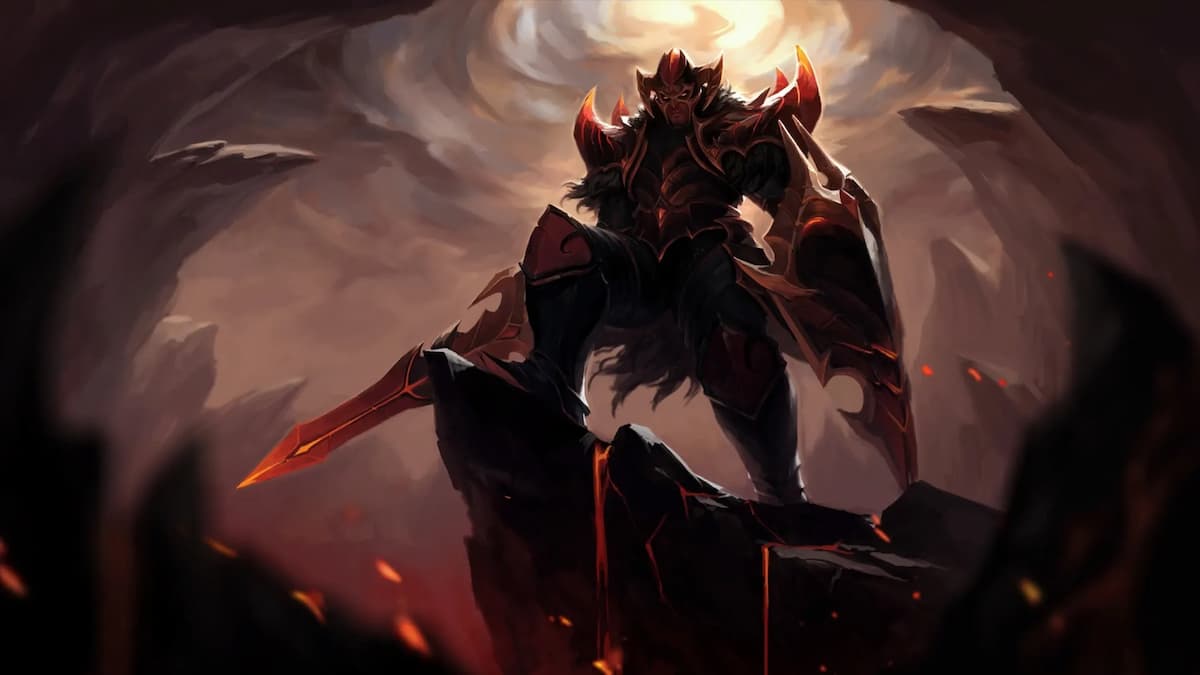
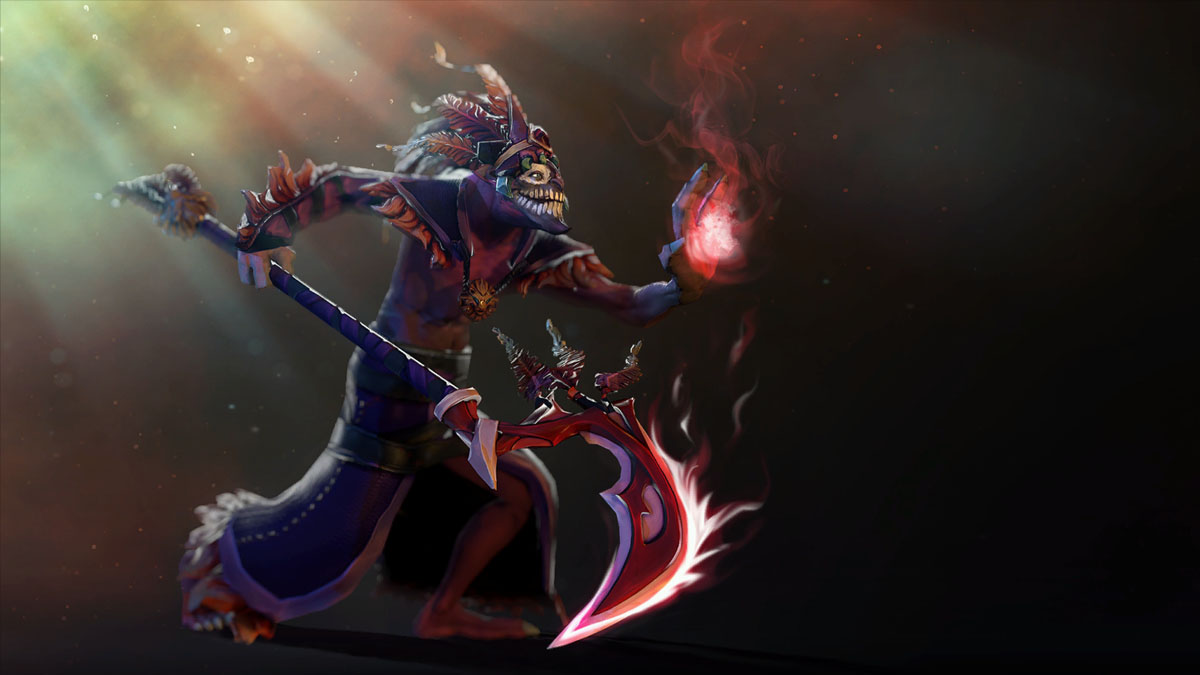

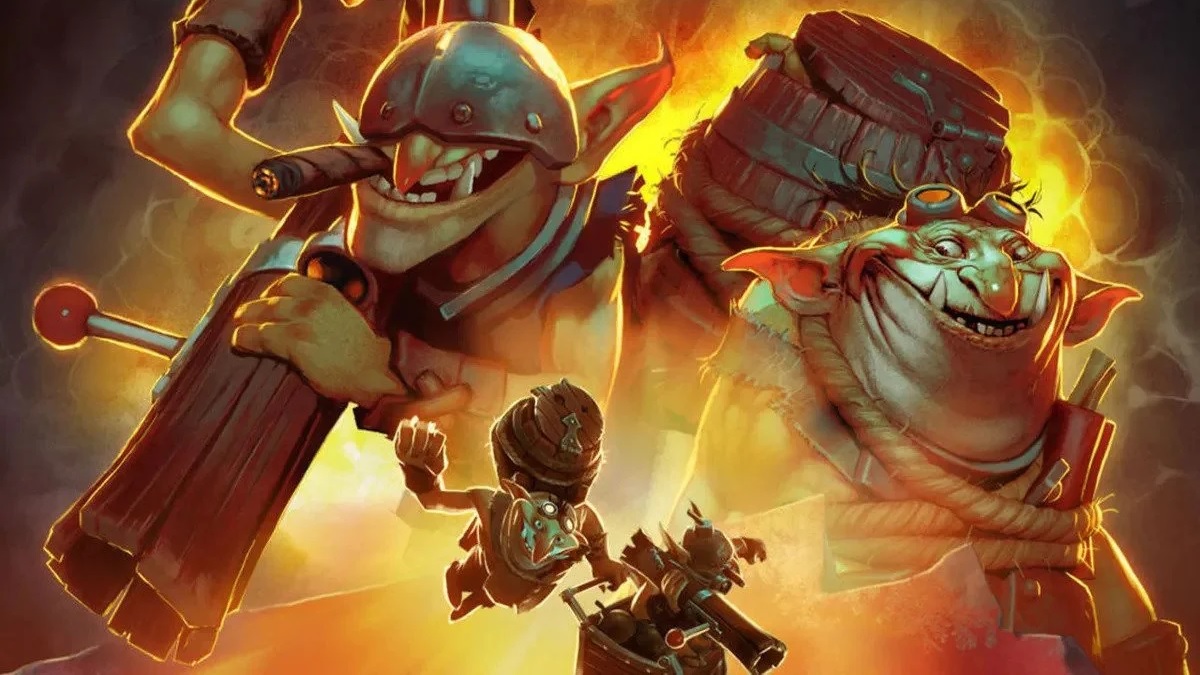
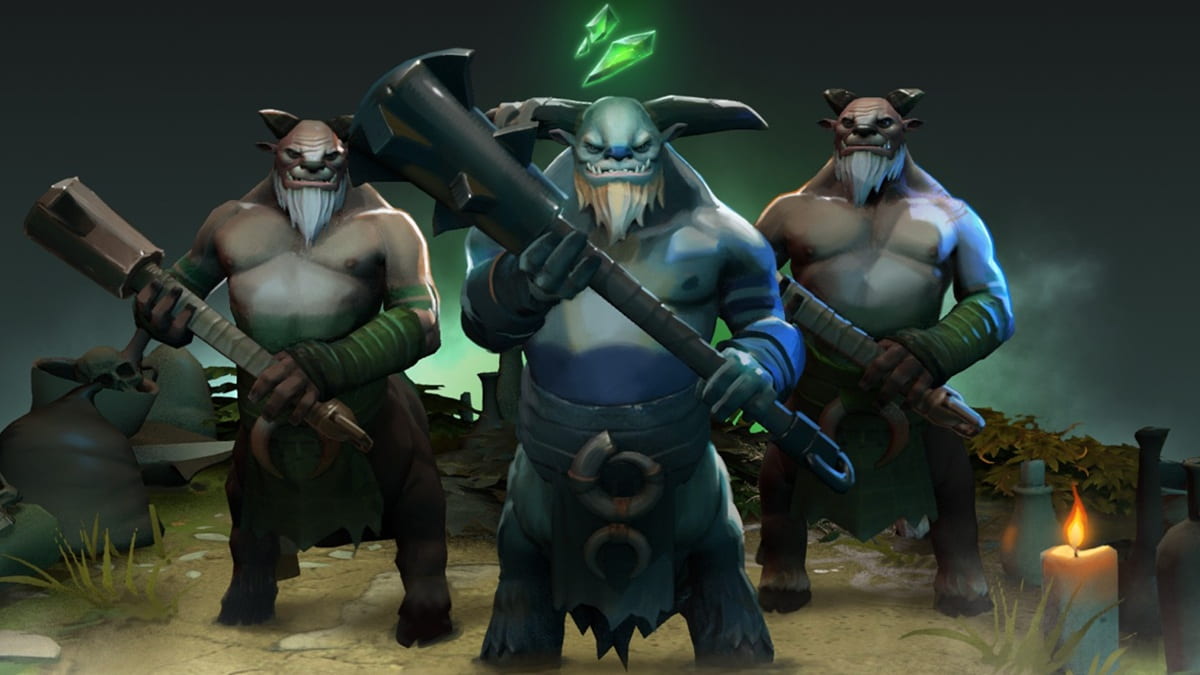


Published: Feb 21, 2023 06:59 pm